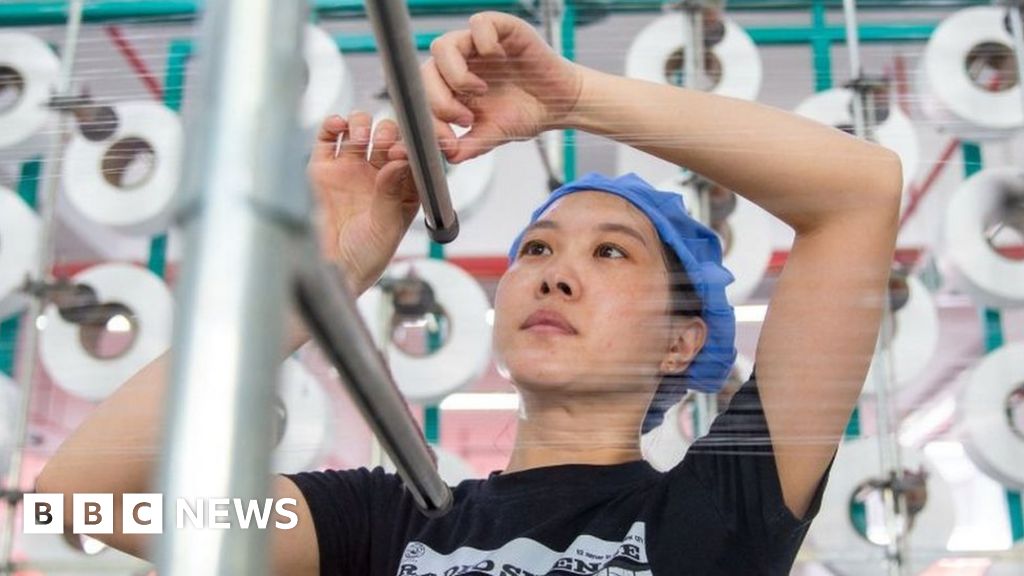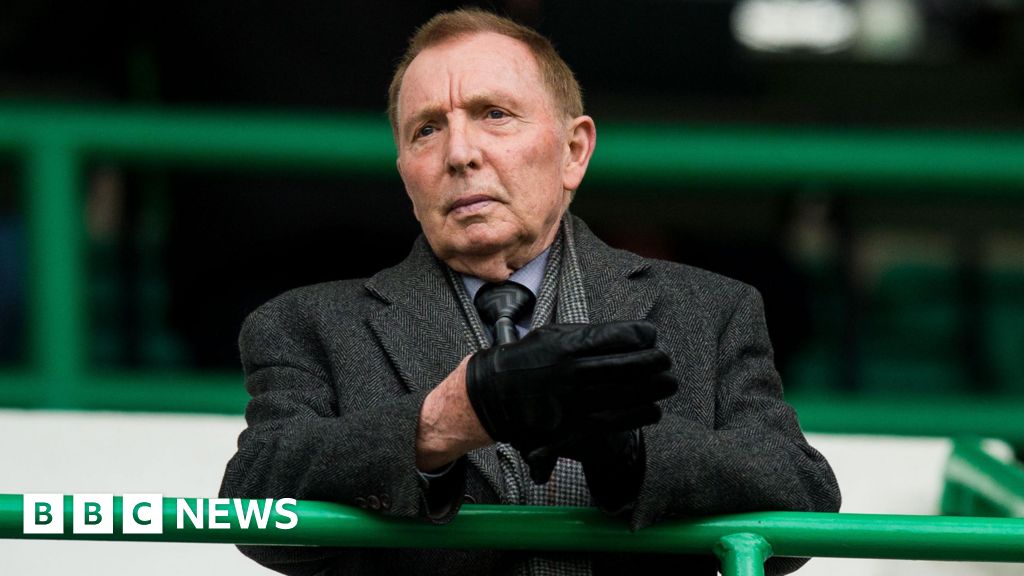Receive free Ecuador updates
We’ll send you a myFT Daily Digest email rounding up the latest Ecuador news every morning.
Leftist Luisa González and centrist Daniel Noboa will face off in a second round of Ecuador’s presidential election after a vote on Sunday overshadowed by a security crisis in the Andean nation.
With nearly 85 per cent of ballot boxes counted, González — a former lawmaker loyal to socialist former president Rafael Correa — had 33 per cent of the votes, followed by Noboa with 24 per cent. The run-off vote will take place on October 15.
“We’re making history,” González told reporters in Quito on Sunday night. “We’re going to build a country with dignity and security.”
Noboa, a 35-year-old businessman whom analysts said had benefited from a strong performance in the only debate among candidates, said: “The youth candidate, of the people who are seeking hope, who want to change Ecuador, has triumphed.”
Security was the main issue for many voters after Fernando Villavicencio, a centre-right candidate and longtime adversary of Correa, was assassinated while leaving a rally in Quito on August 10 and with the country facing an unprecedented wave of violence.
The per capital murder rate last year surpassed that of Mexico and Colombia as drug-trafficking groups consolidated routes along Ecuador’s pacific coast. About 3,500 people have been killed in the first six months of the year, well above 2,000 in the same period last year.
The second part of the campaign is also likely to revolve around the political legacy of Correa, president between 2007 and 2017, who is living in Belgium following a 2020 corruption conviction in Ecuador.
His presidency was marked by a shift away from Ecuador’s close ties to the US, with his government taking about $18bn of loans from Chinese banks, and by vocal attacks on political rivals, journalists and critics.
“From this point on, we have an election between two distinct economic models,” said Alberto Acosta-Burneo, an economist at Spurrier Group, a consultancy. “We have Correismo, which is a model based on heavy public spending and borrowing . . . while Noboa on the other hand looks to open up markets.”
Noboa has framed his candidacy as a chance to defeat Correa’s political movement. “You are going to have the option to vote for Correismo, or for the option that isn’t Correismo,” he said on Sunday.
The hastily arranged election was triggered in May when President Guillermo Lasso dissolved congress using a constitutional clause known as “mutual death”. The former banker was facing impeachment charges in the opposition-controlled national assembly over alleged embezzlement related to contracts signed before his tenure.
Whoever wins the presidency will have to manage a widening fiscal deficit and rising debt servicing costs.
Ecuadoreans also voted on a new 137-seat legislature and in a referendum on whether to ban some oil extraction and mining. Those results are expected after votes for president have been fully counted.
Sunday’s polls took place without any major incidents of violence reported, despite a campaign marked with bloodshed. More than 100,000 soldiers and police officers were deployed across the country to protect the vote.
Credit: Source link











